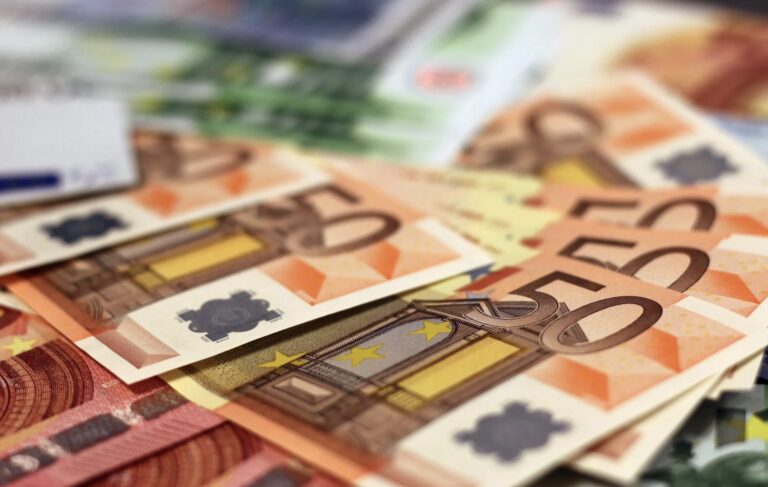What Is the Difference Between Debt vs Loan?
Debt and loans are often used interchangeably, but there are some subtle differences between them. Here’s a breakdown:
What is Debt?
- Definition: Debt refers to money borrowed by one party from another. It typically involves an obligation to repay the borrowed amount, usually with interest, within a specified period.
- Types of Debt: Debt can take various forms, including loans, bonds, mortgages, credit card debt, etc.
- Usage: Debt can be used for various purposes, such as financing business operations, making large purchases, covering expenses, or investing.
What is Loan?
- Definition: A loan is a specific type of debt in which a lender provides funds to a borrower, who agrees to repay the amount borrowed, usually with interest, over a set period.
- Characteristics: Loans typically involve a structured agreement outlining the terms of repayment, including the interest rate, repayment schedule, and any other applicable fees or penalties.
- Types of Loans: Loans can be categorized into various types based on factors such as purpose (e.g., personal loans, business loans, student loans), repayment terms (e.g., fixed-rate loans, variable-rate loans), and collateral requirements (e.g., secured loans, unsecured loans).
- Usage: Loans are commonly used by individuals and businesses to finance specific purchases or investments, such as buying a home, funding education, starting or expanding a business, or covering unexpected expenses.
Debt vs Loan: In simpler terms:
- Think of debt as the umbrella term encompassing anything owed.
- A loan is a specific type of debt where money is borrowed under fixed terms with interest.
Here are some additional points to consider:
- Examples of debt: Credit card balances, unpaid bills, medical bills, car loans, mortgages, and even taxes owed to the government.
- Examples of loans: Personal loans, car loans, mortgages, student loans, and business loans.
- Not all debt is bad: Debt can be helpful for financing large purchases like a house or starting a business. The key is to manage debt responsibly and avoid taking on more than you can afford to repay.







